As of Sept. 26, the preseason transfer window for VALORANT teams competing in the VCT 2023 international leagues has opened. What this means is that competing teams may begin signing players to their VALORANT roster from now until Feb. 1, 2023, with Riot requiring an “initial competitive roster” by Oct. 15.
The contracts player will sign are referred to as “esports service agreements,” according to Riot’s official VCT roster construction rules. Before these agreements get signed and become public, let’s take a comprehensive look at the different rules and policies surrounding contracts, including minimum salaries.
VALORANT salaries for VCT 2023
Each international league has its own minimum annual salary for a team member, and each contract entered must last for at least one full season.
- Americas: $50,000 per year
- EMEA: €50,000 per year
- Pacific: ₩67,000,000 KRW per year
If a greater amount is required per applicable law within a specific country, then that figure is the minimum required. Teams are free to exceed the minimum, but potential bonuses do not count toward the minimum. There is no listed maximum salary or team salary cap.
Aside from minimum salary, each contract must explicitly outline the amount for several types of additional payment or compensation, including signing bonuses, individual and team performance bonuses, streaming pay/splits, promotional/sponsorship opportunities, and benefits.
VALORANT contract rules and requirements for VCT 2023
Here is a list of notable rules and requirements for all team personnel contracts for VCT 2023.
- Contracts are prohibited from including non-compete clauses or “right of first refusal” clauses, preventing teams from prohibiting or inhibiting players from joining other teams upon the expiration of the original contract.
- Contracts are limited to four seasons in duration, however, they may be structured to have a base initial term plus an option that allows both parties to mutually agree to an additional season or seasons. This base term plus optional seasons still cannot exceed four seasons.
- Contracts are required to include provisions that prohibit team members from match-fixing, colluding, or gambling in regard to VCT matches.
- Contracts are required to include an option to terminate the agreement for either party in the event that the other party “commits a material breach” of the contract.
How do trades work in VCT?
There is no limit or maximum amount of trades. Teams may trade team members with other teams participating in the VCT. Trades do not have to be one-for-one or two-for-two, and they do not have to be limited to just two participating teams. Teams can also trade players for cash or cash considerations.
Contracts can include trade limitations or conditions, such as a trade veto, but those must be outlined clearly in the agreement.


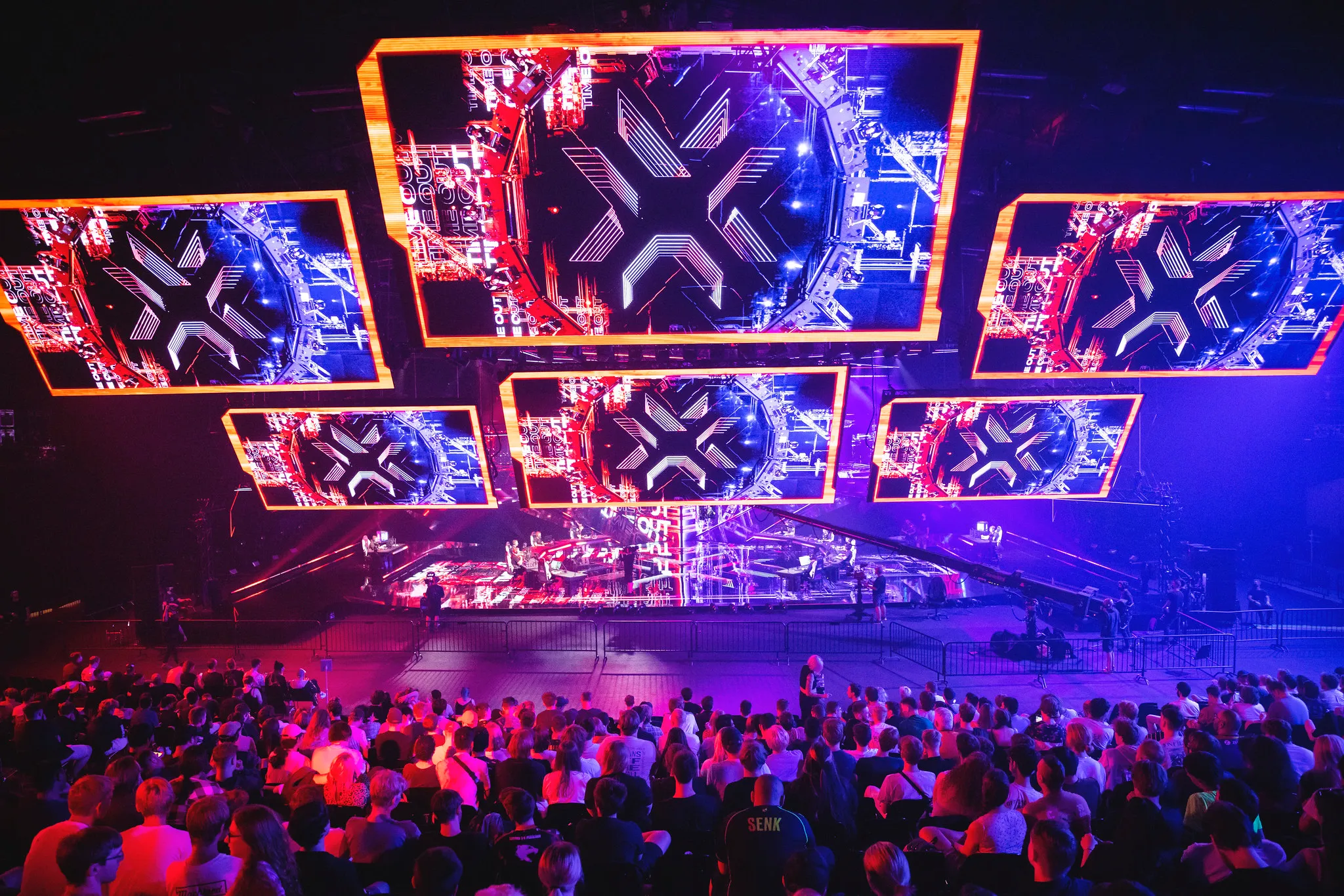

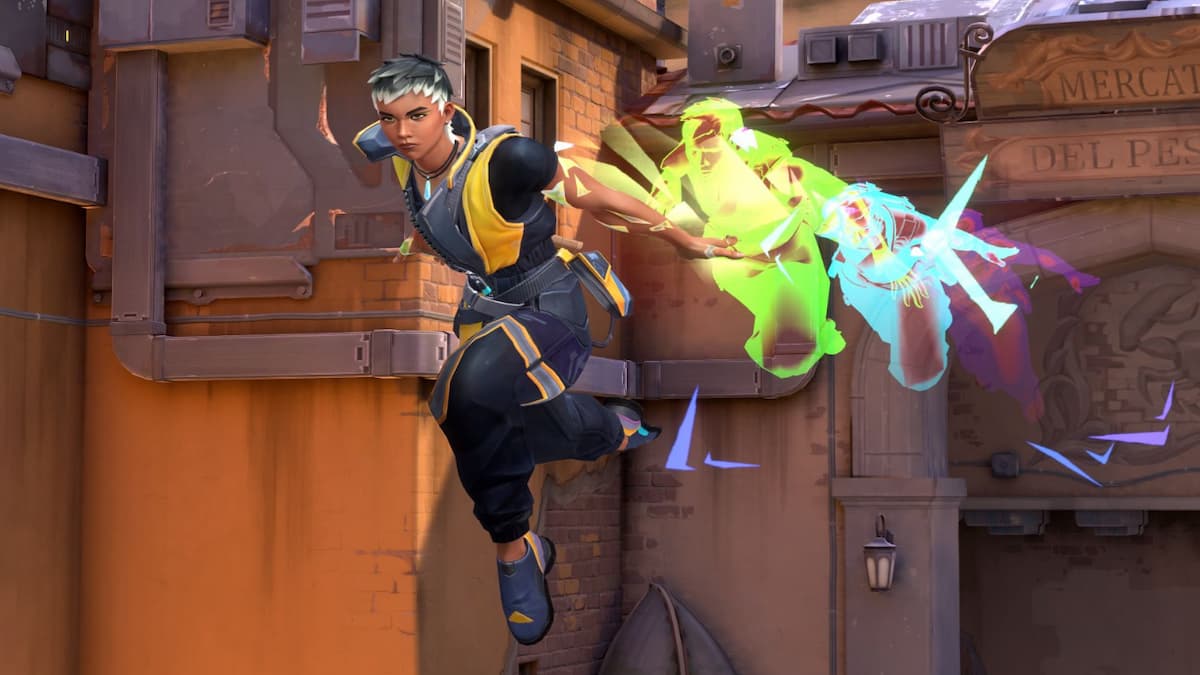
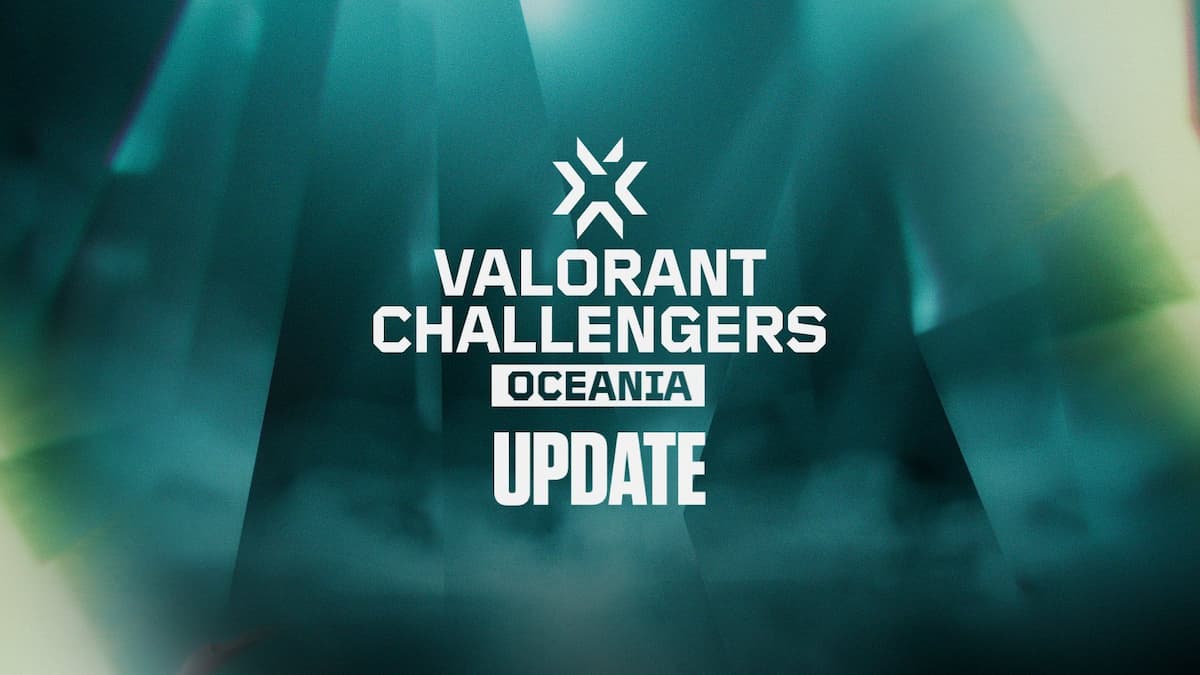
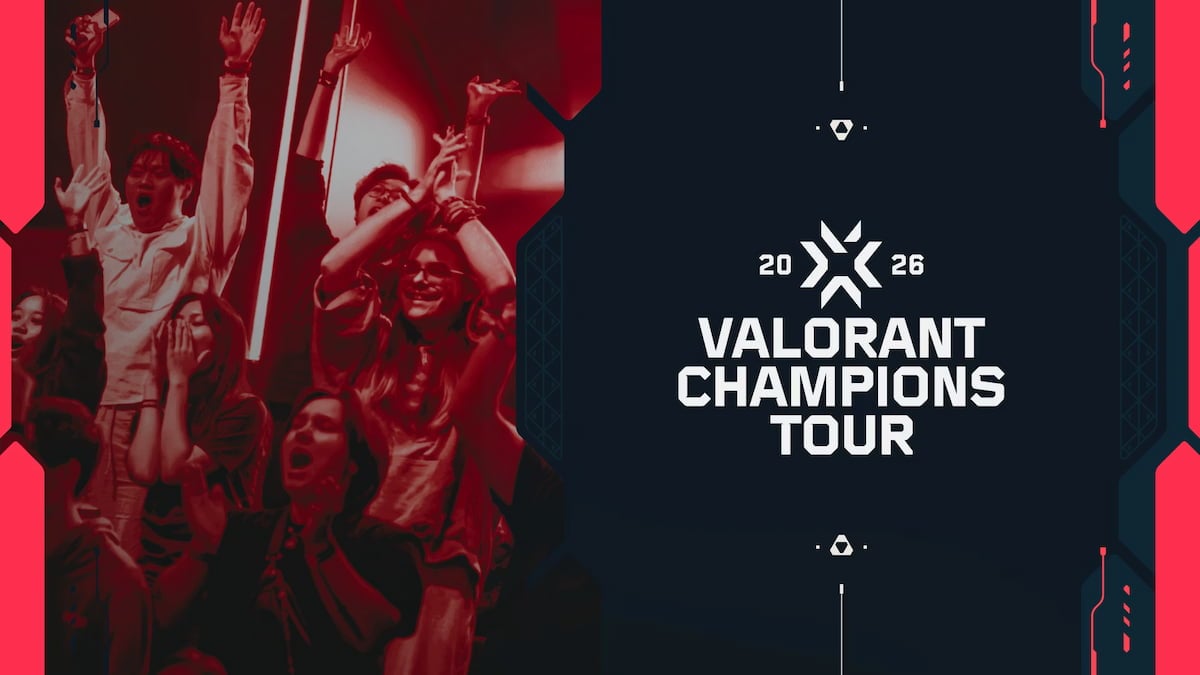
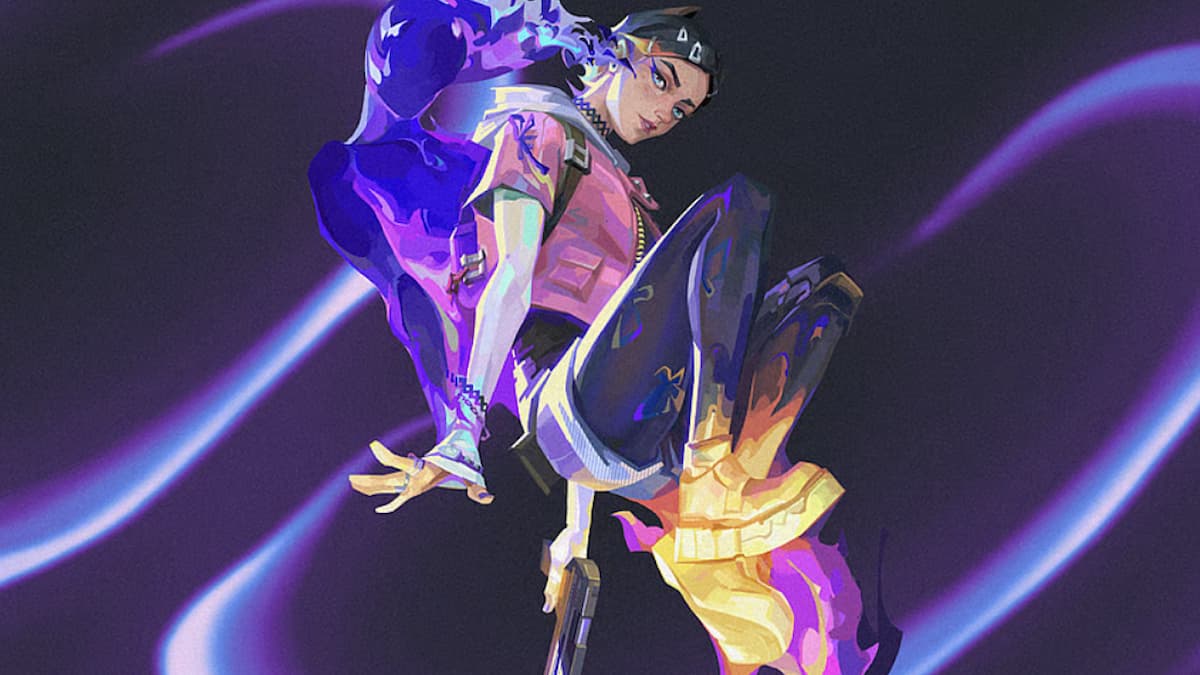
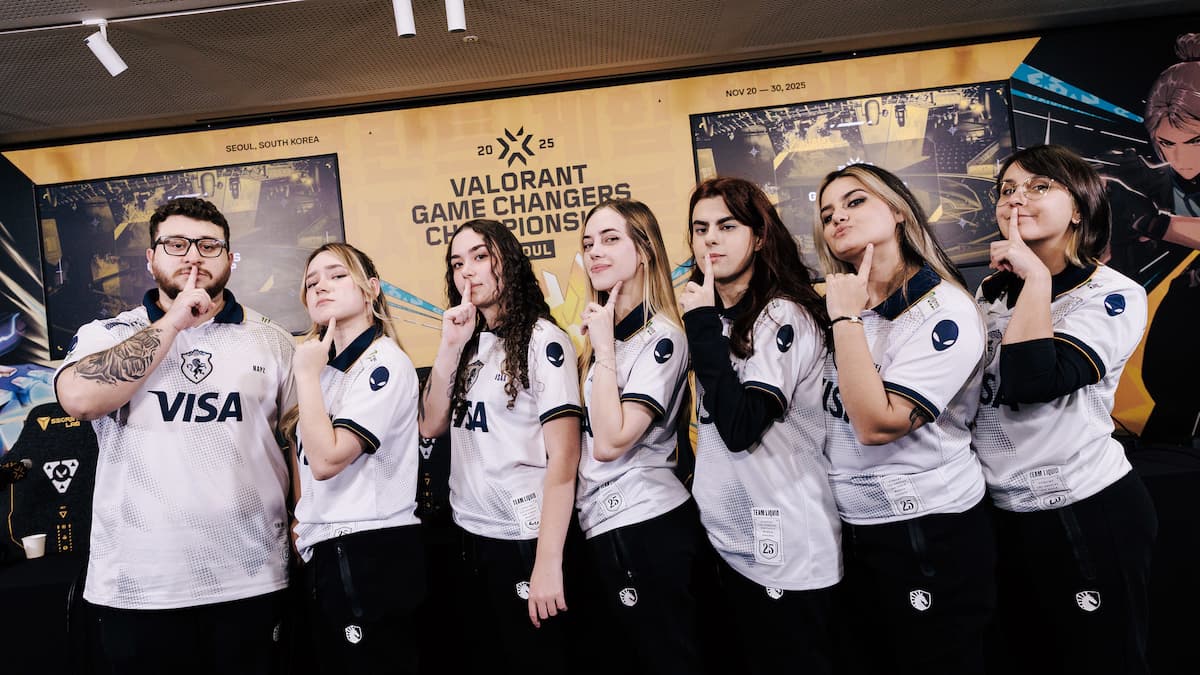
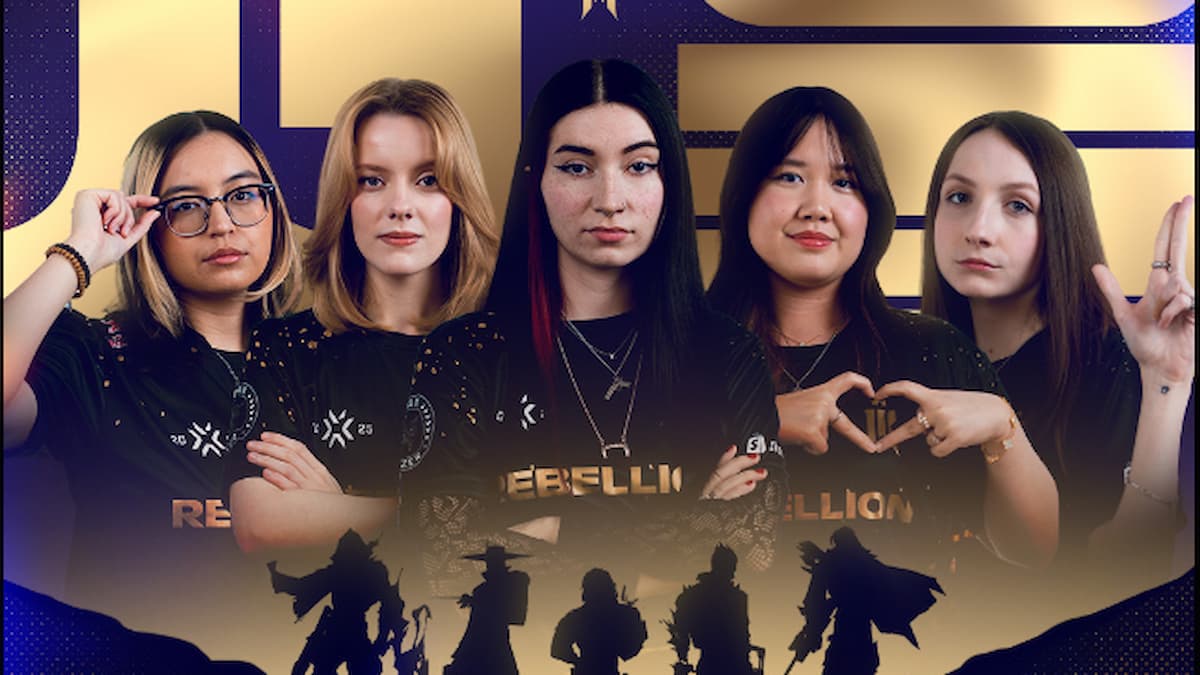

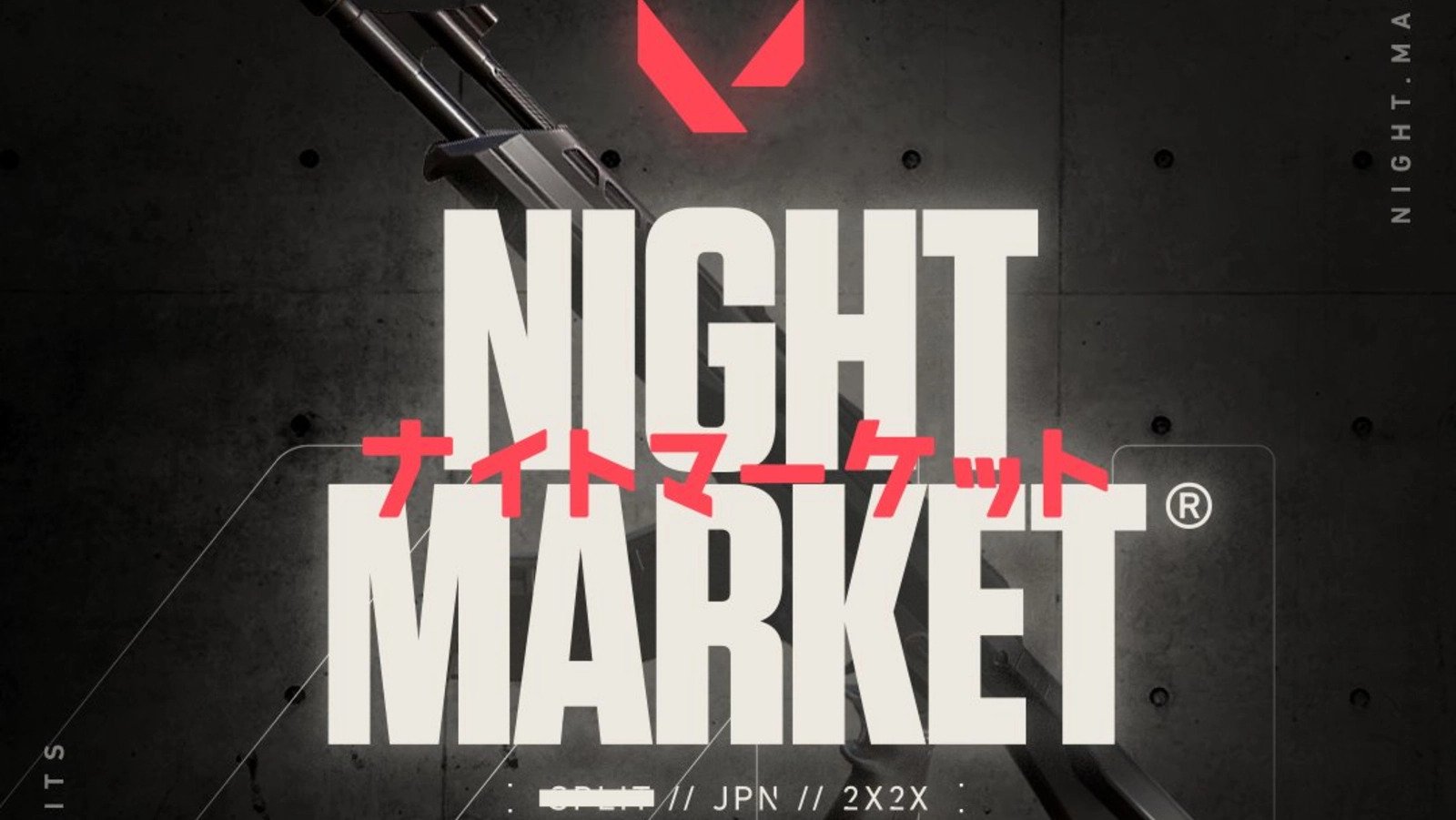

Published: Sep 26, 2022 03:07 pm